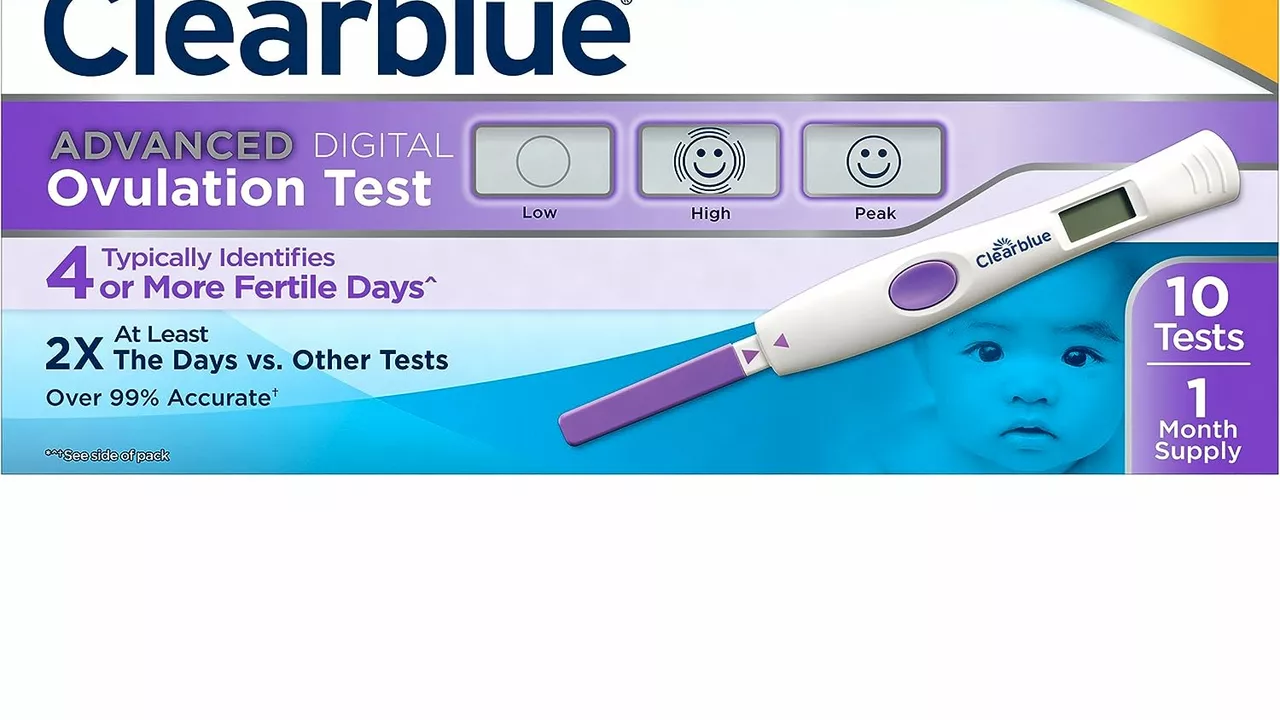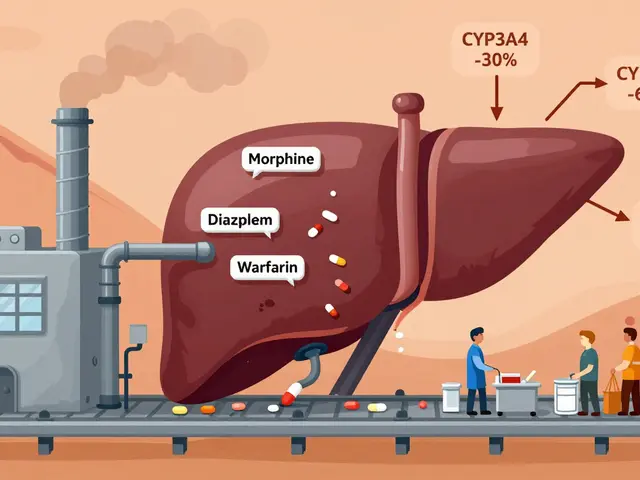Fertility Myths Debunked: What Really Matters
If you’ve ever Googled “how to get pregnant faster,” you’ve probably run into a lot of weird advice. Some tips sound harmless, others can even waste time or cause stress. Below we sort out the most common myths and give you straight‑forward facts that actually help.
Myth #1: You Can’t Get Pregnant After a Certain Age
A lot of people say women over 35 can’t conceive naturally. The truth is more nuanced. Fertility does decline with age because egg quality drops, but many women still have healthy pregnancies in their late thirties and even early forties. What matters most is overall health, hormone balance, and timing. If you’re worried about age, talk to a doctor about ovarian reserve tests or consider early prenatal vitamins.
Myth #2: Specific Foods Instantly Boost Fertility
You’ll see headlines claiming that chocolate, avocado or pumpkin seeds are fertility super‑foods. While a balanced diet supports hormone health, no single food will magically make you fertile overnight. Focus on eating plenty of fruits, vegetables, whole grains, lean protein and healthy fats. Staying hydrated and keeping a steady weight also play big roles.
Another myth is that “the more you have sex, the better.” In reality, timing matters. Sperm can live up to five days inside the female body, so having intercourse every two or three days around ovulation gives the best chance. Using an ovulation predictor kit or tracking basal temperature helps pinpoint those fertile windows.
Stress is often blamed for infertility, but moderate stress doesn’t shut down your system. Chronic high stress can affect hormone levels, though. Simple relaxation techniques—like short walks, breathing exercises, or a hobby you enjoy—can keep stress at bay without turning life upside down.
Smoking and heavy drinking are real fertility killers. Quitting smoking improves both sperm quality in men and egg health in women. Alcohol should be limited; binge drinking can disrupt hormone cycles for both partners.
If a partner has a known medical condition, like thyroid problems or diabetes, getting it under control can improve chances of conceiving. Same goes for untreated infections—both can lower fertility, so a quick doctor visit and treatment can make a big difference.
Finally, remember that myths spread fast on social media because they sound simple. Real fertility is a mix of biology, lifestyle and sometimes luck. When you hear a new “quick fix,” ask yourself: does it have medical backing? If not, stick to proven habits—balanced diet, regular check‑ups, healthy weight, limited alcohol, no smoking, and timing intercourse around ovulation.
Getting pregnant isn’t always easy, but cutting out the noise helps you focus on what truly works. Keep these facts in mind, talk openly with your partner and doctor, and take one practical step at a time.
Well, folks, today we're diving into the fascinating world of ovulation tests! Spoiler alert: they're not as foolproof as you might think. I mean, they're pretty accurate, don't get me wrong, but they're not exactly the pregnancy crystal balls some make them out to be. Interestingly enough, these little sticks of science can't exactly pinpoint that sweet spot of fertility, they simply detect the surge in the luteinizing hormone, which happens before ovulation. So, while they're great at giving a heads up, they're not exactly the 'sure thing' some fertility myths would have you believe. Keep that in mind, future parents!






